It was a common thought that if you ate fat, you got fat. But the facts about dietary fats have become clearer and the differences between "good fats" versus "bad fats" much less of a mystery. Here's what you need to know about the third misunderstood macronutrient: dietary fats.
For all intents and purposes, dietary fats are broken down into "good fats" and "bad fats" with the body requiring little to none of the bad fat. Good fats are referred to as unsaturated fat (liquid at room temperature such as olive oil, canola oil and flax oil) versus bad fats which are referred to as saturated fats (solid at room temperature such as butter and margarine). What the human body does with each type of fat is very different and the implications on weight loss and health significantly different as well.
Types of Unsaturated Fats (mono-, poly- and omega-3)
olive oil
flax oil
flax seeds
nuts
salmon
sardines
Types of Saturated Fats (incl. trans-fats)
fats found in red meat
full-fat dairy products
cheese
butter
margarine
shortening
So how is it some fat is beneficial to our health and some fat is harmful? Saturated fats basically serve no purpose to our health whatsoever and in fact, are able to alter HDL and LDL levels (not to our benefit) as well as Triglyceride levels thus putting one at higher risk for cardiovascular disease. They provide unnecessary empty calories to the body and provide zero nutritional value. Unsaturated fats provide the same calorie value (9 calories/gram) but have the opposite effect and alter the human lipid profile to our advantage putting us at decreased risk for cardiovascular disease as well as diabetes. There are also some characteristics of these healthy fats that actually aid in metabolism and are beneficial to the metabolism of unwanted body fat. So this disproves the myth that if you eat fat, you get fat.
Recent recommendations have been made to decrease the amount of total calories to less than 10% for saturated fat in the diet. So if you're on a 1500 calorie/day diet, this is less than 150 calories daily (16g daily) which is about the equivalent of 1 tbsp of butter. The remainder of your daily fat intake should come from foods rich in healthy fats.
But beware! If you're looking to lose weight, too much of a good thing might derail goals and surpassing the recommended amounts of healthy fats can prevent weight loss. If weight loss is the goal, make sure to make a solid plan with portions and grams accounted for so as to not over-consume too much of the good foods, track your intake, measure foods out if you're unsure and stay consistent.


